12 Strange Christmas Laws You’ll Be Surprised Actually Exist
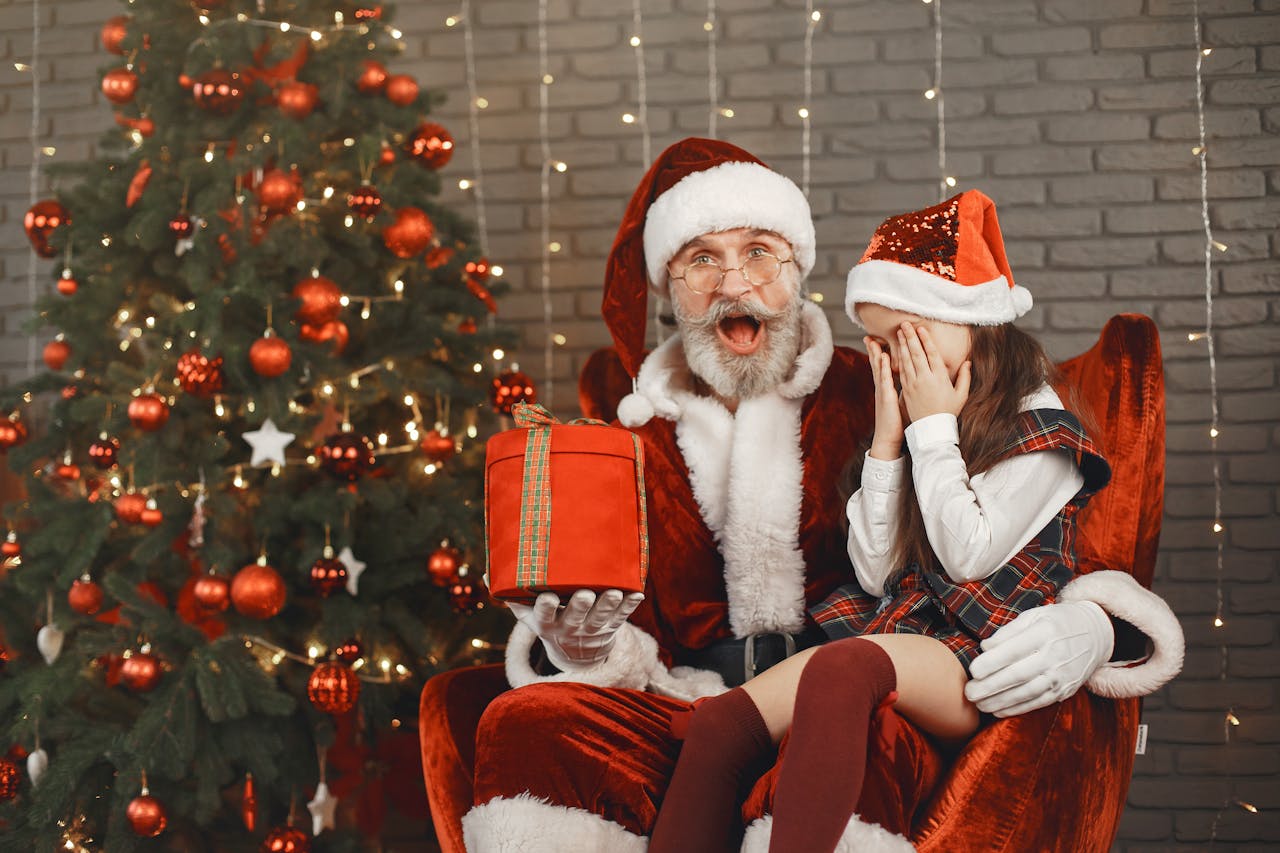
Christmas is the season of joy, celebration, and unique traditions, but some laws surrounding the holiday are as surprising as they are puzzling. While most people focus on decorating, shopping, and spending time with loved ones, certain regions enforce unusual regulations that can make the season unexpectedly complicated. Here are 12 strange Christmas laws from around the world and the U.S. that will leave you scratching your head.
1. Christmas Lights Must Be Taken Down by January in Maine
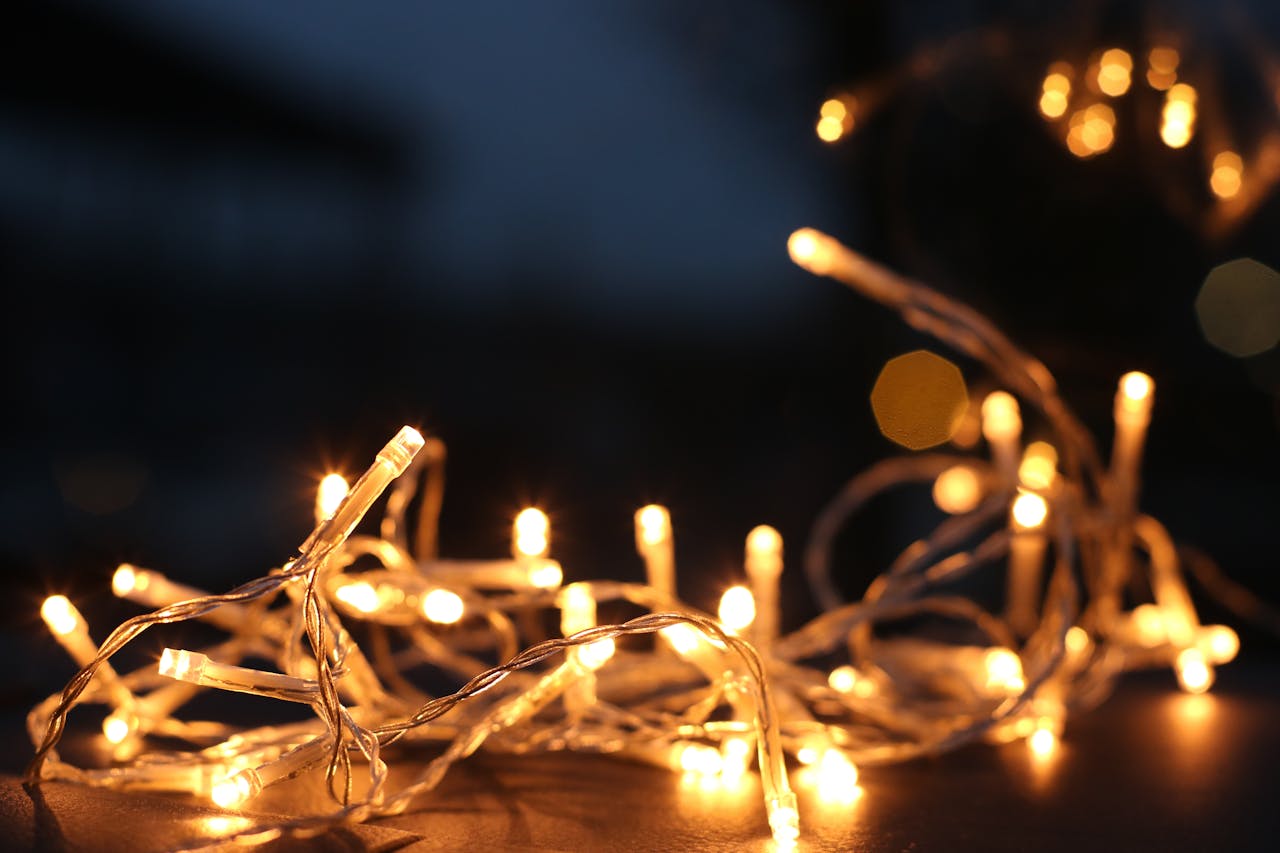
In Maine, keeping your Christmas lights up beyond January is not just frowned upon; it could lead to a fine in certain areas. Local ordinances in some towns aim to maintain the aesthetic appeal of neighborhoods by ensuring seasonal decorations are promptly removed after the holidays. While the penalties may not be severe, neighbors might not hesitate to report someone for turning their festive home into a year-round display. It serves as a gentle nudge to move on from the holiday cheer once the season ends.
2. Santa Costume Restrictions in Denmark

If you plan to dress up as Santa Claus in Denmark, prepare for some strict guidelines. Danish authorities regulate Santa costumes to ensure public safety and authenticity. This might include maintaining a certain quality or appearance that aligns with the cheerful image of Santa Claus. The regulation is designed to prevent poorly executed portrayals that could alarm children or detract from the holiday spirit. Denmark’s dedication to keeping the Christmas magic alive highlights how seriously some traditions are taken.
3. Transporting Overloaded Christmas Trees in Massachusetts
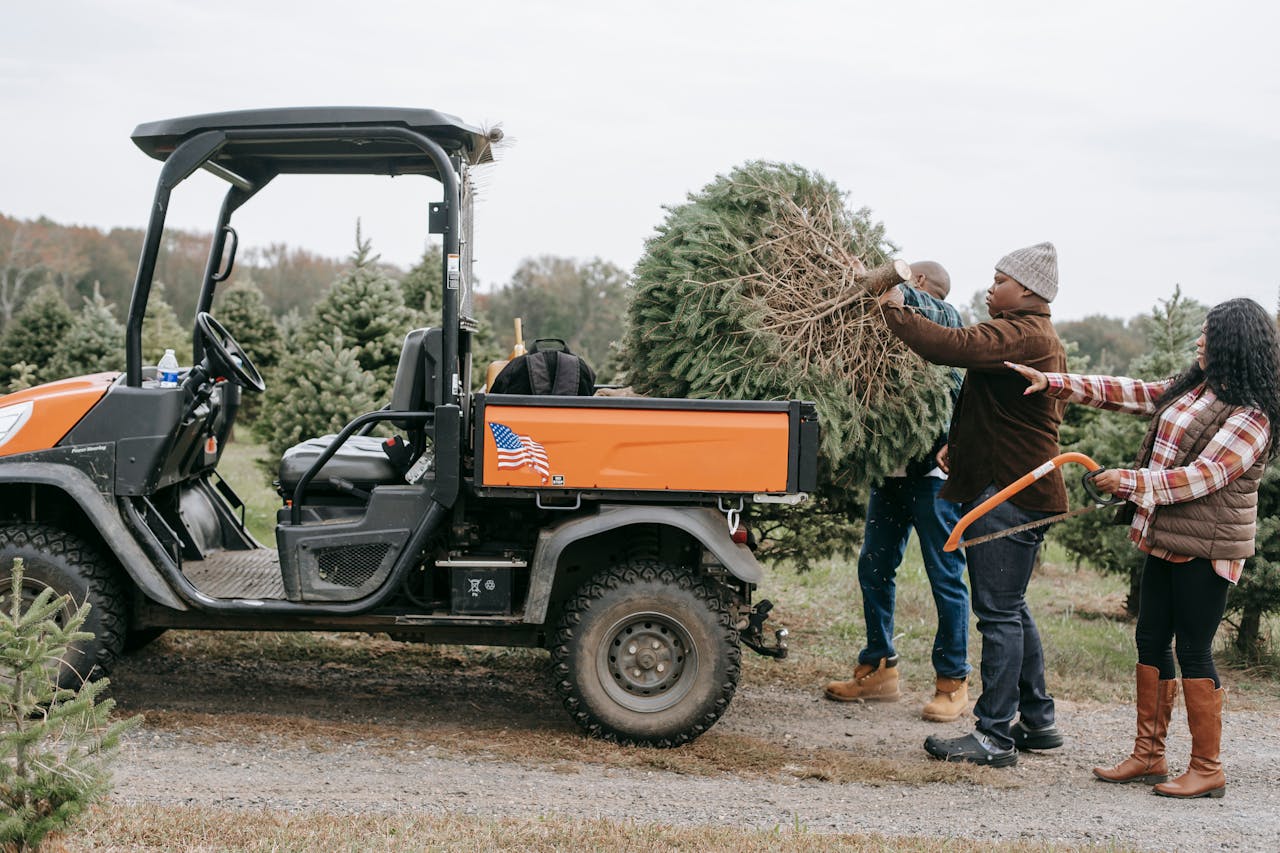
Massachusetts law includes a quirky rule about hauling Christmas trees. If your tree is so large that it extends beyond the dimensions of your vehicle, you might be in violation of state regulations. The rule prioritizes road safety during the busy holiday season. Overloaded vehicles can pose risks to other drivers, particularly when branches obscure visibility or risk falling onto the road. So, if you plan to pick the biggest tree in the lot, ensure it fits securely on your car to avoid a potential fine.
4. Singing Christmas Carols in Public Without a Permit in Phoenix
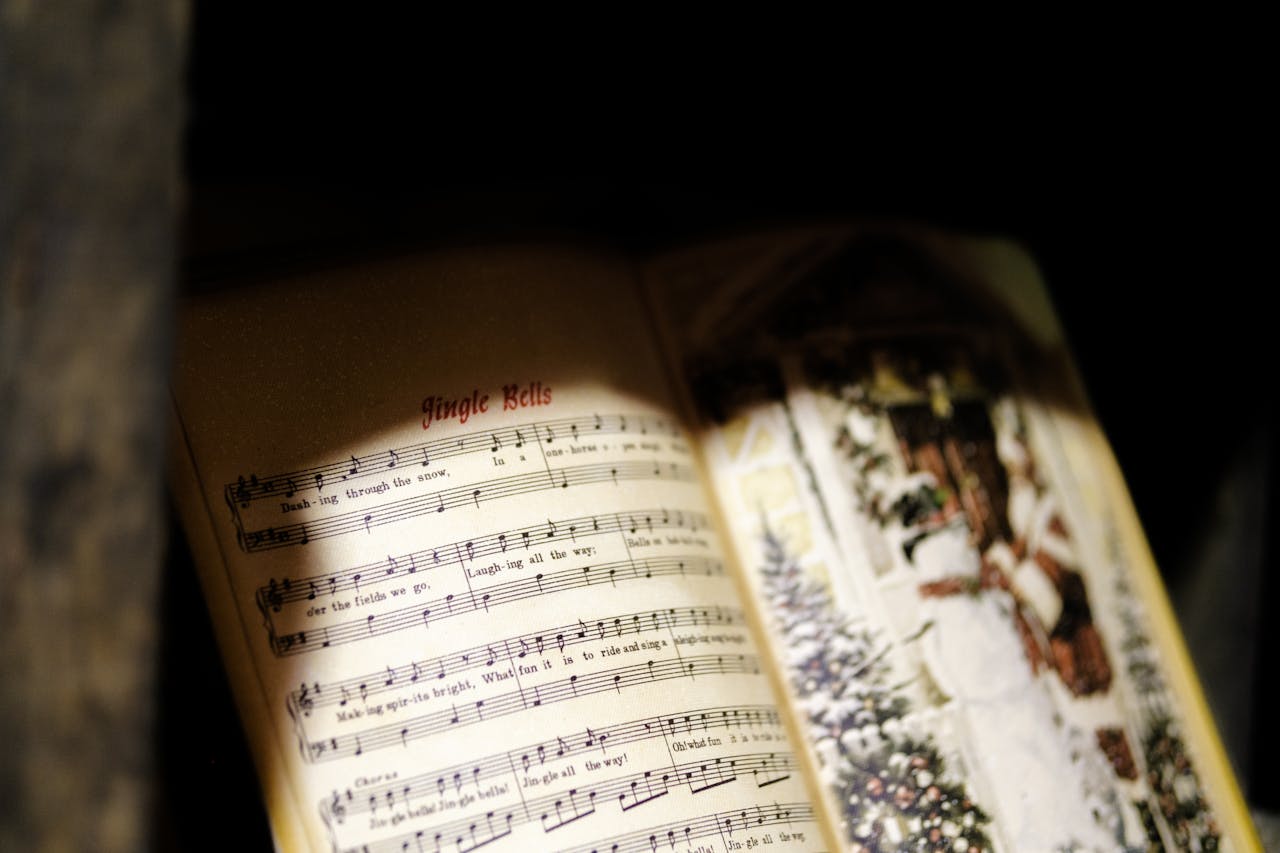
In Phoenix, Arizona, caroling without proper permits could technically land you in trouble. Public performances, including Christmas caroling, are subject to local noise ordinances and require authorization in many public spaces. This regulation, intended to prevent disruptions, might deter spontaneous singalongs in crowded neighborhoods. While enforcement is rare, it serves as a reminder that spreading cheer is best done within the rules.
5. No Gift Exchanges on Christmas Day in Bhutan
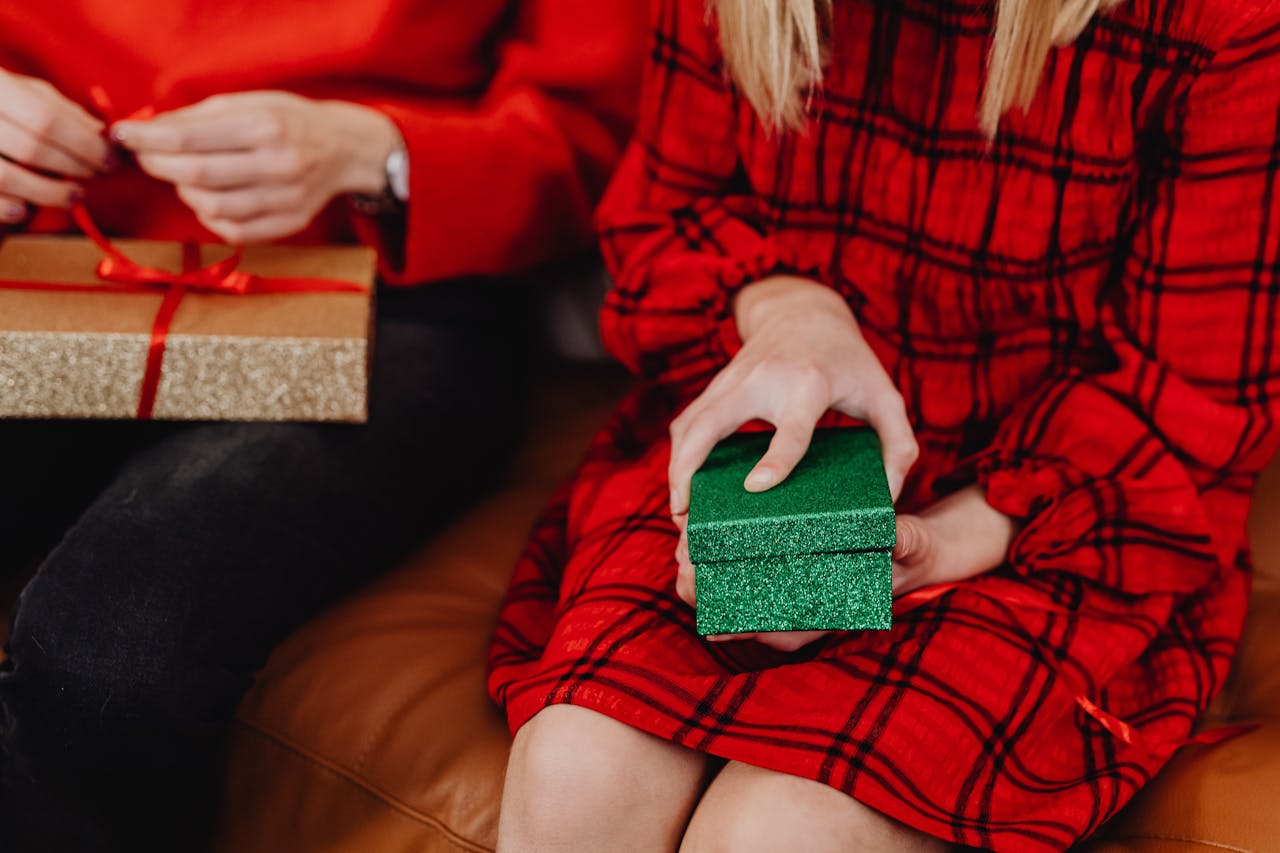
Bhutan has a unique cultural approach to Christmas. While the holiday is not widely celebrated in the predominantly Buddhist country, some regions actively discourage gift exchanges on December 25. Instead, the day is intended for spiritual reflection and community connection. This practice aligns with Bhutan’s emphasis on simplicity and mindfulness, offering an alternative perspective to the commercialization of Christmas.
6. Ban on Snowball Fights in Aspen, Colorado
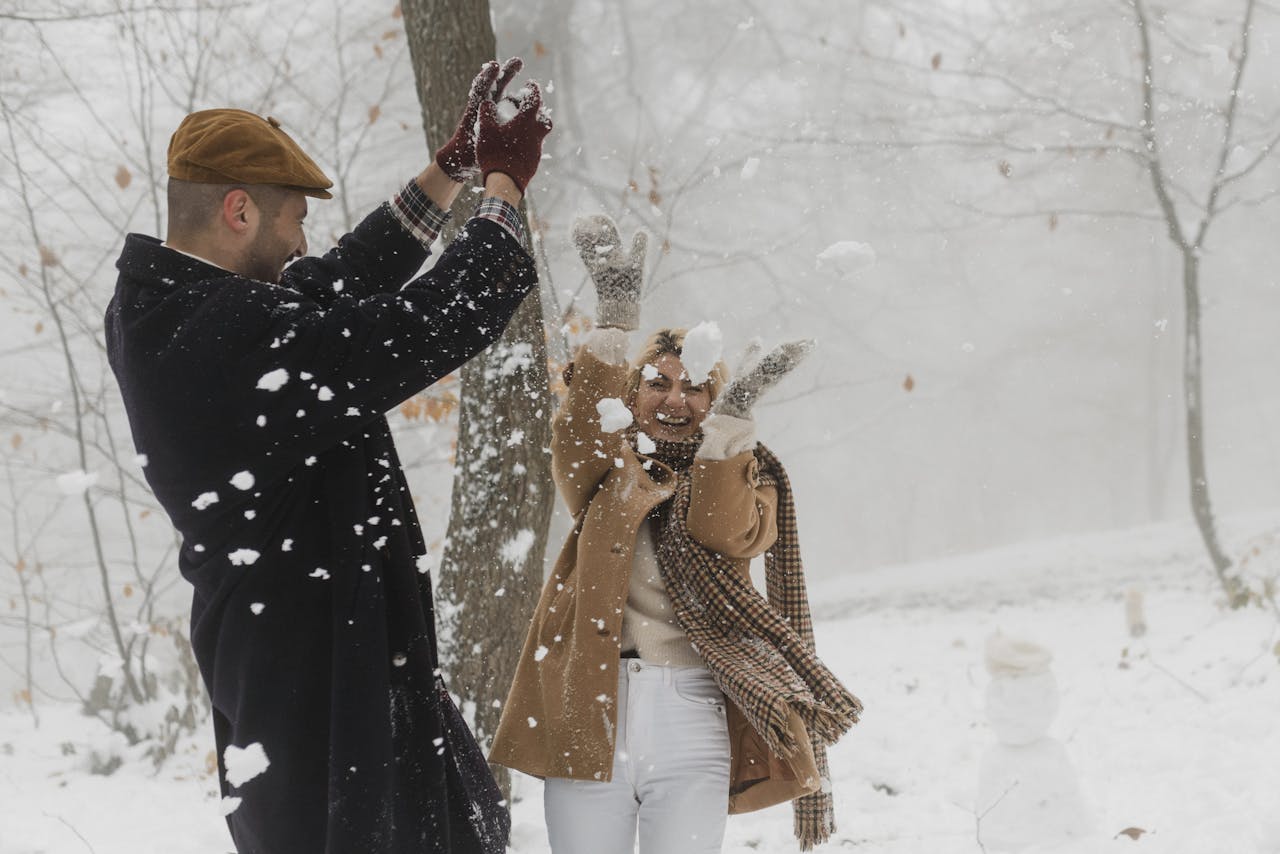
Snowball fights may seem like harmless fun, but in Aspen, Colorado, they are technically prohibited in some areas. The regulation aims to reduce injuries and prevent conflicts from escalating during playful exchanges. While it may seem overly cautious, the rule reflects the city’s commitment to safety, even in the midst of a snowy holiday season. Residents and visitors are encouraged to channel their winter energy into safer activities like sledding or building snowmen.
7. Height Limits for Public Christmas Trees in Europe
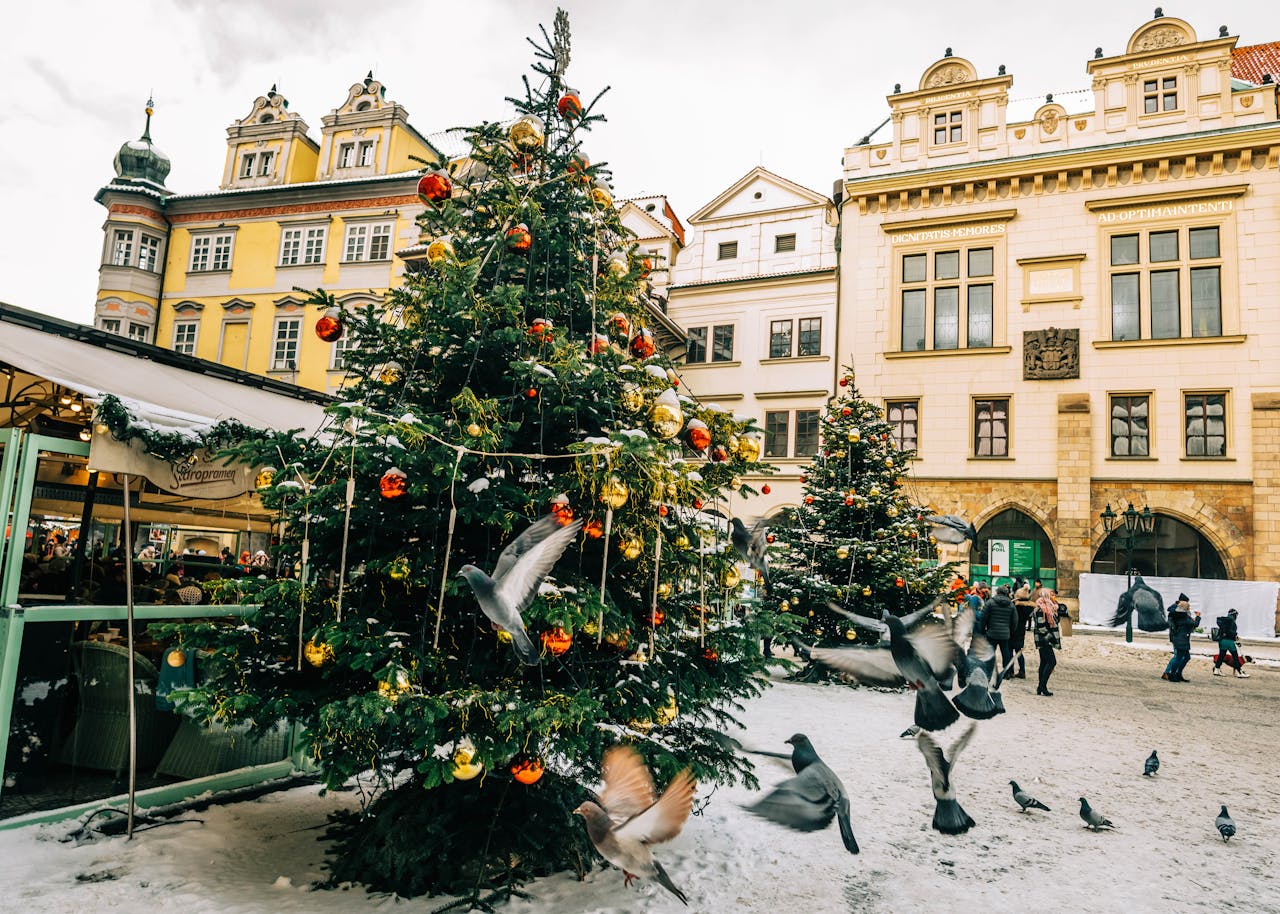
Certain European countries impose restrictions on the size of public Christmas trees. These rules are intended to maintain uniformity in decorations and avoid excessive spending on extravagant displays. For instance, some towns limit tree heights to ensure that no single display overshadows the rest of the community’s efforts. The regulations showcase a commitment to equality and simplicity, even in festive décor.
8. Suspicion of Pagan Roots in Southern U.S. States
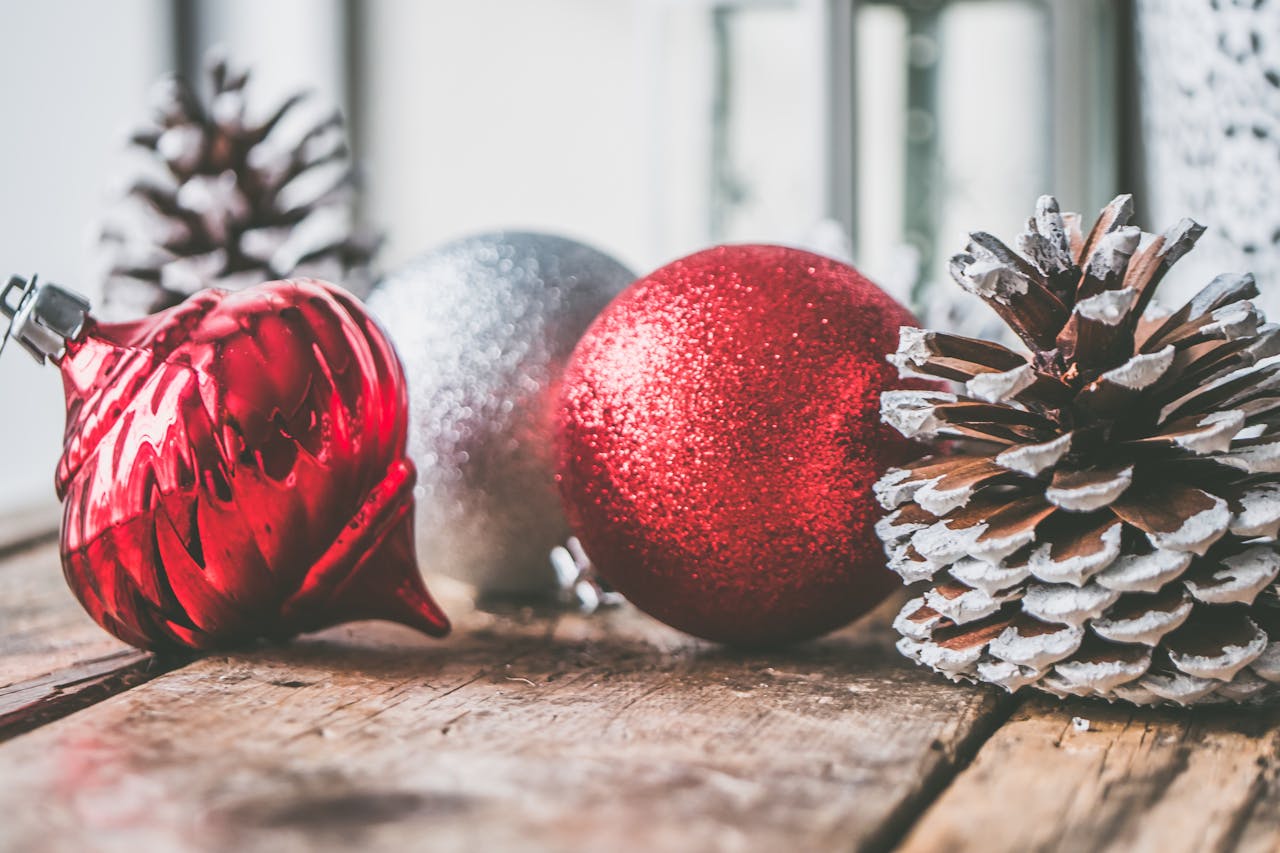
In the 19th century, Christmas was viewed with suspicion in certain southern states like Alabama due to its pagan origins. These sentiments led to restrictions on celebrating the holiday, including bans on public festivities. Although such laws are no longer enforced, they highlight how cultural attitudes toward Christmas have evolved over time. The history serves as a fascinating reminder of how traditions can be shaped by societal norms and religious beliefs.
9. Santa Hats Prohibited in Some Indonesian Schools
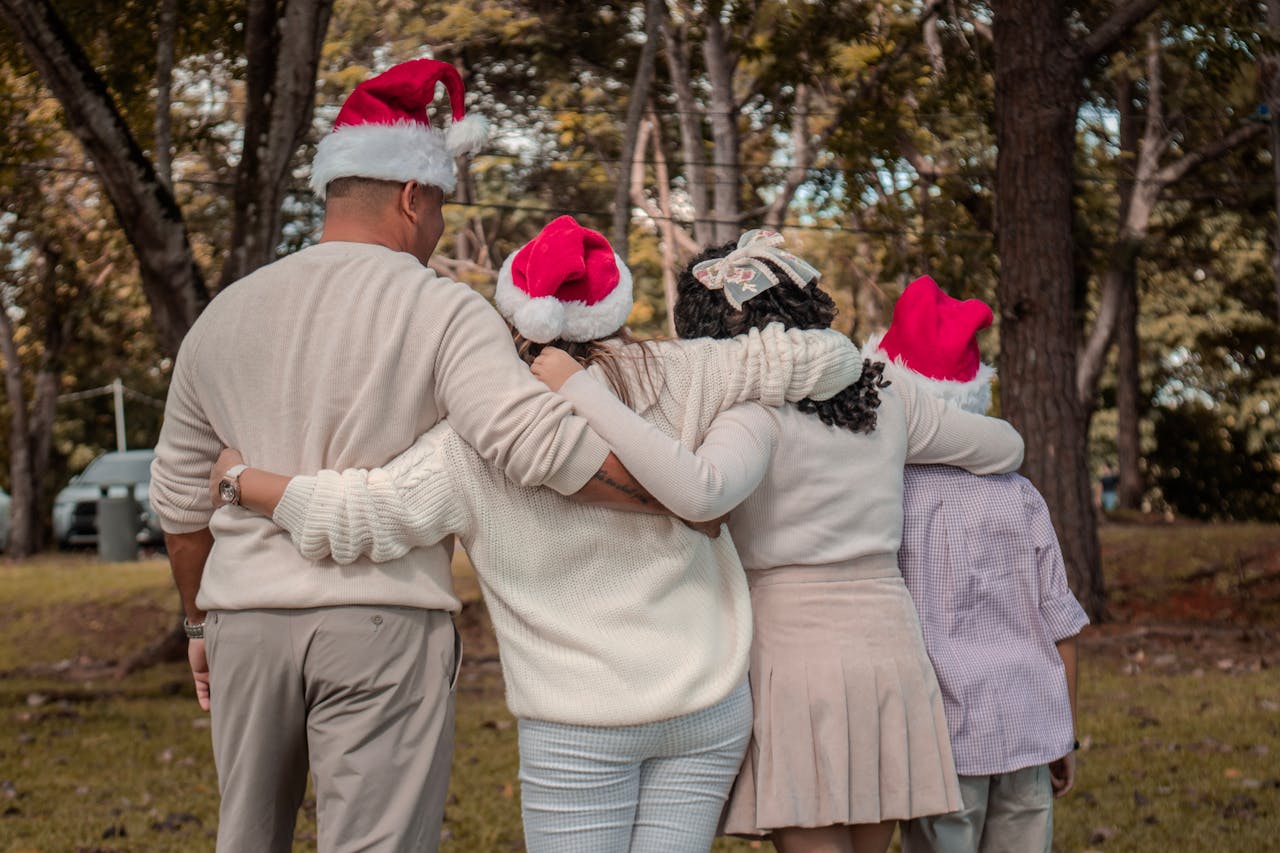
In Indonesia, certain schools have banned Santa hats and other Western Christmas paraphernalia to preserve cultural authenticity. This policy aims to balance traditional Indonesian celebrations with the increasing influence of global holiday customs. While some view it as a way to maintain cultural identity, others see it as a limitation on the freedom to celebrate in diverse ways. Either way, it’s a reminder of the complexities surrounding holiday traditions in a globalized world.
10. Gift-Giving Reserved for January 6 in Spain
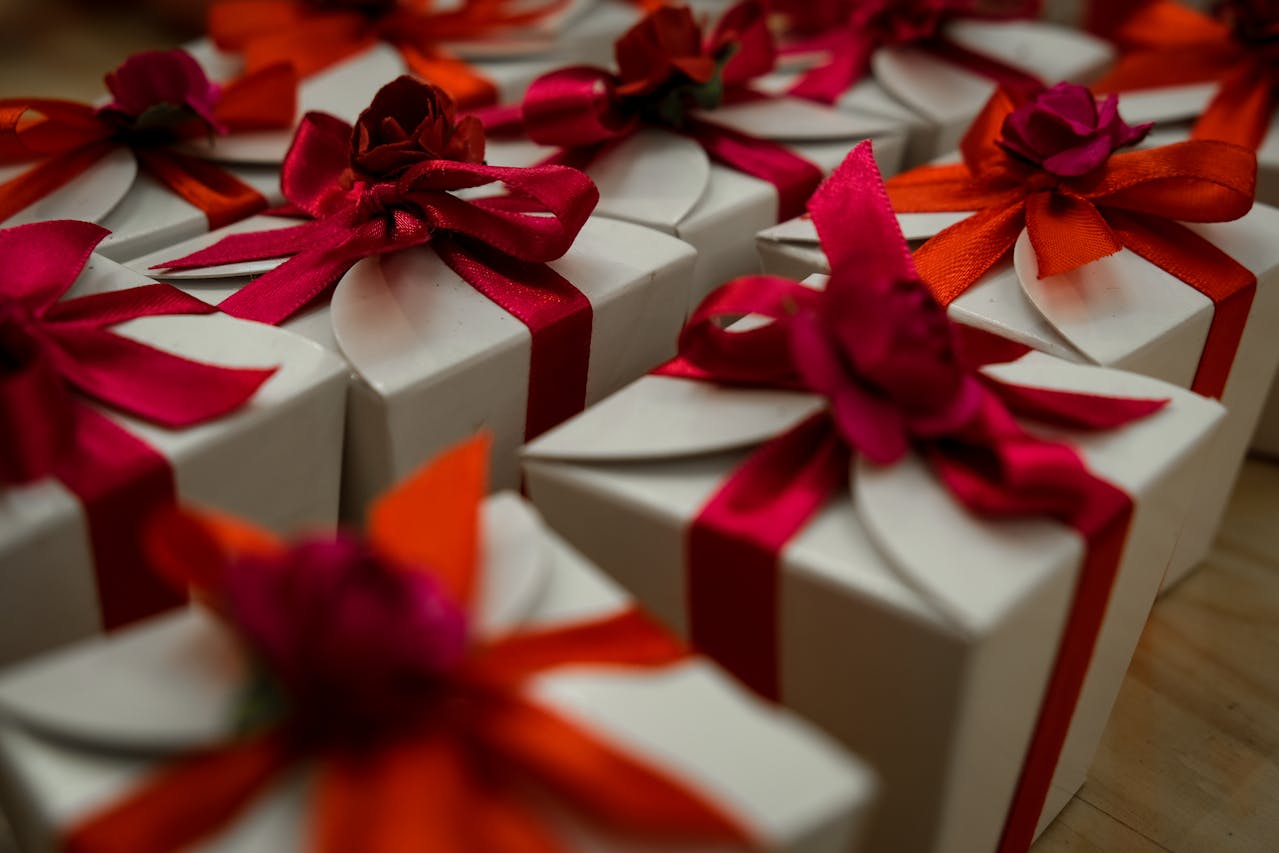
In Spain, the exchange of gifts typically occurs on January 6, also known as Three Kings’ Day. While it is not illegal to give presents earlier, doing so goes against long-standing cultural traditions. The day marks the arrival of the Three Wise Men and is seen as the appropriate time for gift-giving. This custom underscores the importance of preserving cultural practices and celebrating holidays in a way that honors historical significance.
11. Decorating Palm Trees in Florida Can Be Restricted
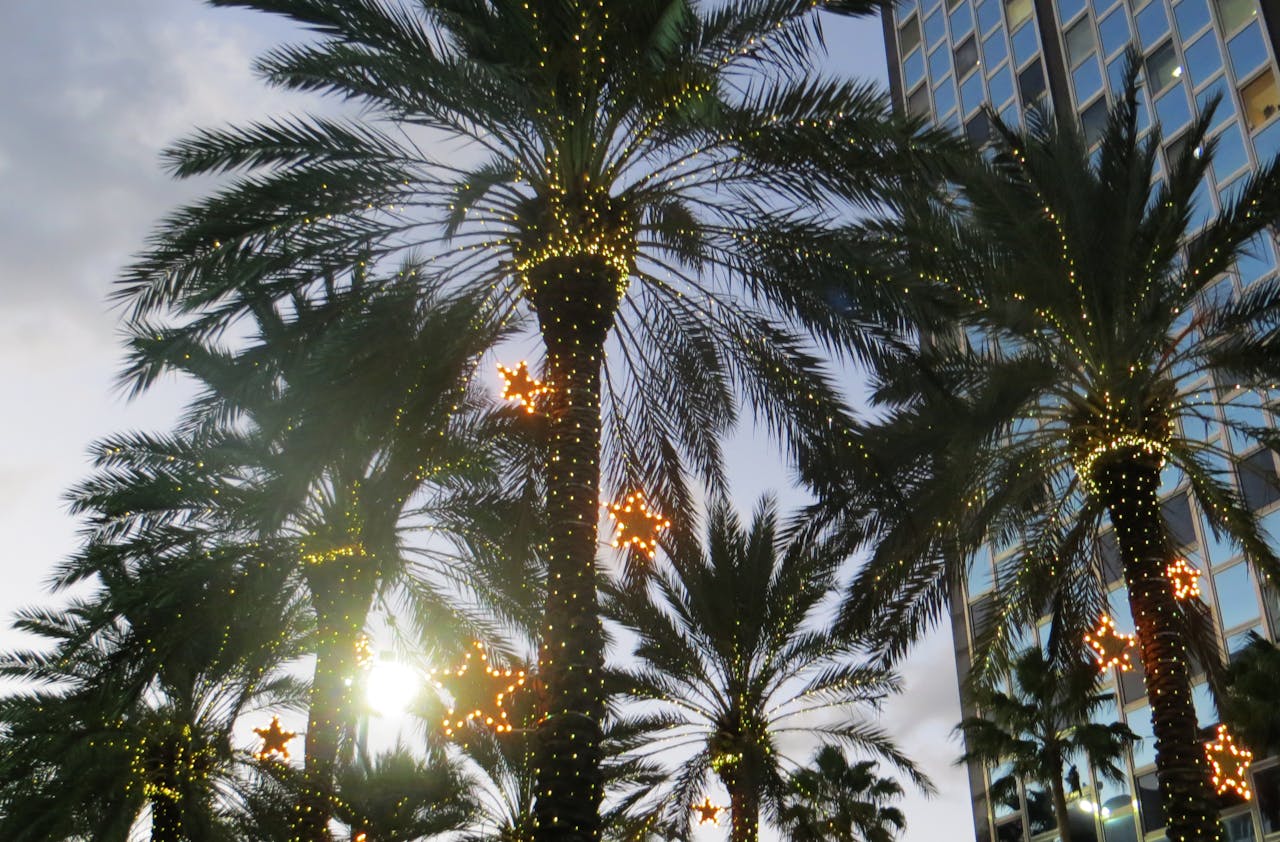
In Florida, some municipalities restrict decorating palm trees for the holidays. The regulations are intended to protect the native plants from potential harm caused by heavy lights or ornaments. Authorities encourage residents to use traditional Christmas trees instead of adorning local flora. This quirky rule highlights how environmental considerations can influence holiday traditions, even in the most unexpected ways.
12. Using Artificial Snow Without a Permit in California

In parts of California, using artificial snow for holiday displays might require a special permit. These regulations ensure that the chemicals used in fake snow production do not harm the environment or create safety hazards. The rule is particularly relevant in areas where snow is a novelty, and residents rely on artificial alternatives to bring a wintry touch to their celebrations. While it might seem like a minor inconvenience, the regulation reflects California’s broader commitment to environmental responsibility.
Final Thoughts
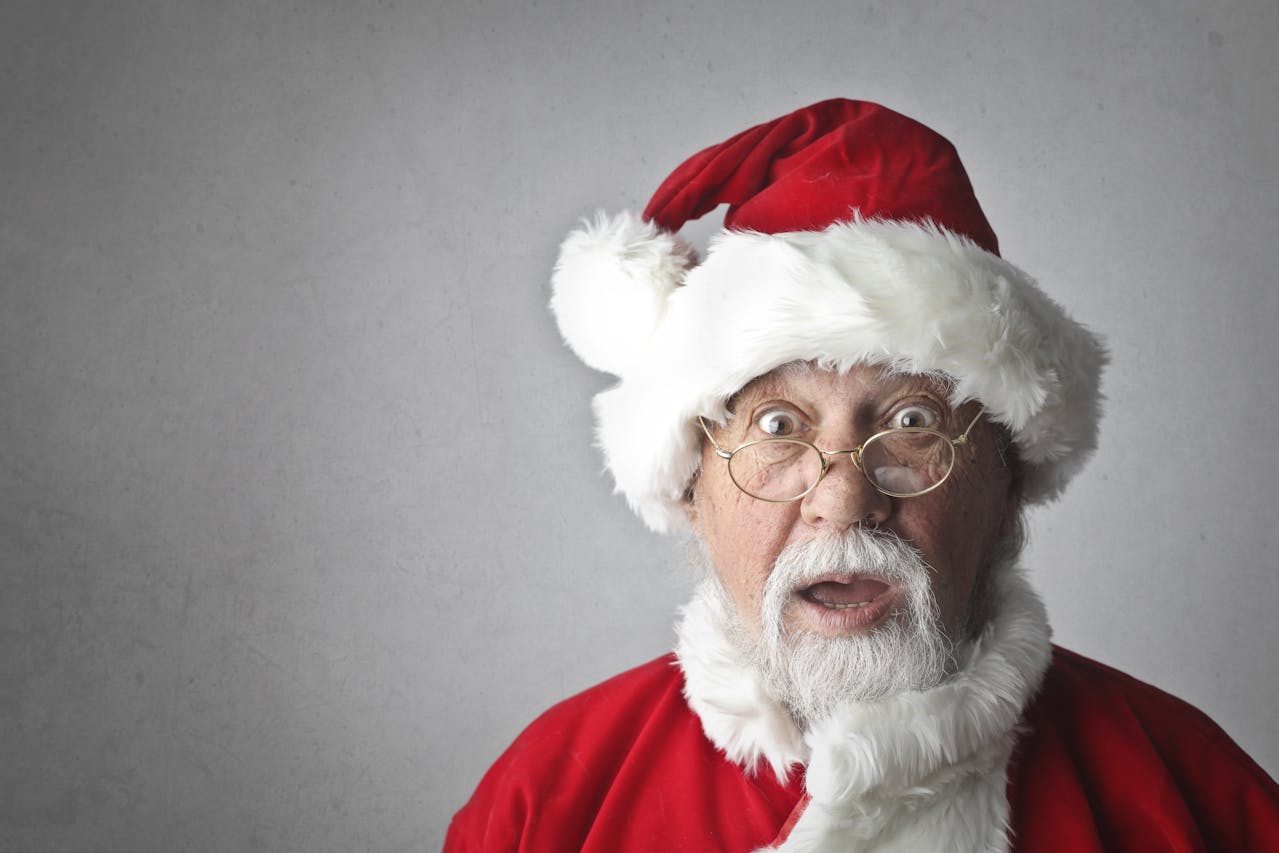
Christmas is a time for joy, connection, and celebration, but these strange laws remind us that even the most festive season can come with its quirks. From regulating tree sizes to prohibiting snowball fights, these rules reflect the diverse ways cultures approach the holiday. While some laws prioritize safety and tradition, others stem from historical or environmental considerations.
As you celebrate this year, take a moment to appreciate the uniqueness of your local customs and how they contribute to the holiday magic. Whether you’re singing carols, decorating your home, or giving gifts, remember that the spirit of Christmas lies in the joy you bring to others. Stay informed, embrace the quirks, and have a festive, rule-abiding holiday season!
Leave a Reply